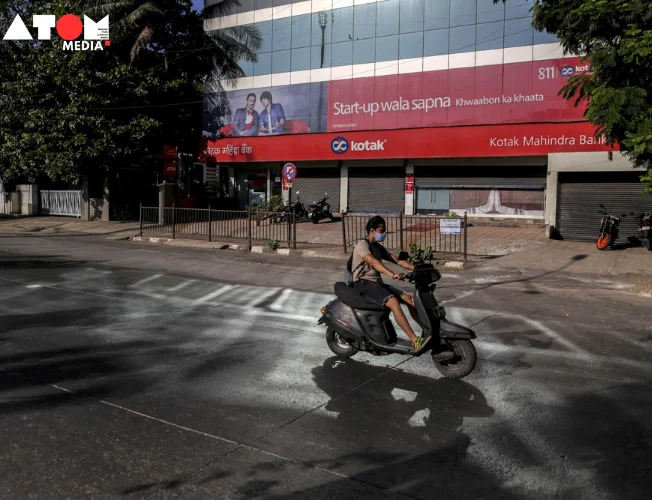Kotak Mahindra Bank Ltd., a leading Indian private bank, expects the inclusion of Indian sovereign bonds in JPMorgan Chase & Co.’s global indexes to be a positive development for the banking sector. This inclusion, scheduled for June 2024, is anticipated to enhance banks’ liquidity and potentially reduce their dependence on aggressively soliciting deposits in the near future.
Unlocking Opportunities for Lenders
The anticipated inflow of foreign funds into India’s massive $1.2 trillion government debt market presents an exciting opportunity for lenders like Kotak Mahindra Bank. Joint Managing Director K.V.S Manian believes this will enable banks to offload a portion of their bond holdings to these new investors.
Easing Pressure on Deposit Collection
Manian, in a recent interview, elaborated on the potential benefits of this development. He expects it to unlock funds that banks can then utilize for lending purposes. This, in turn, could alleviate the pressure on banks to aggressively pursue deposits, which can often be expensive to maintain.
Kotak’s Strong Liquidity Position
Kotak Mahindra Bank is well-positioned to take advantage of this situation. The bank maintains a significant holding of government securities, exceeding the minimum statutory liquidity ratio (SLR) mandated by the Reserve Bank of India (RBI). As the largest holders of government bonds in India, banks play a crucial role in the country’s financial system.
Excess Holdings as a Solution
Manian suggests that strategically liquidating a portion of their excess bond holdings could provide a viable solution for banks to meet their lending growth targets in the short term, without requiring a proportional increase in deposits.
Financial Disclosures Reflect Strong Liquidity
Kotak’s latest financial disclosures reveal a healthy daily average liquidity coverage ratio of 126.85% for the December quarter, exceeding the regulatory requirement of 100%. This robust liquidity position strengthens the bank’s ability to navigate the current market dynamics.
Challenges in Deposit Collection
Indian lenders continue to face difficulties in attracting low-cost deposits. Customer preferences have shifted, with many opting to invest their savings in the flourishing Indian stock market or opting for higher-yielding fixed deposits.
Loan-to-Deposit Ratio and Credit Growth Concerns
The loan-to-deposit ratio in India has reached concerning highs, raising anxieties about the potential impact on the country’s credit growth. Traditionally, deposits fund a substantial portion, typically around 70% to 80%, of Indian bank assets, as highlighted by Rahul Jain, co-head of Asia Pacific Financials Research at Goldman Sachs Group Inc. earlier this month.
Improved Liquidity Through RBI Intervention
Manian anticipates that the influx of foreign capital into India will prompt the RBI to intervene by absorbing these dollars. This intervention would inject rupees back into the financial system, further bolstering liquidity. The increased liquidity would eventually translate into higher deposit levels for banks, albeit with a time lag.
Foreign Investment in Indian Bonds
Since JPMorgan’s announcement regarding the inclusion of Indian bonds in their indexes back in September 2023, foreign investors have infused nearly $9 billion into the nation’s index-eligible bonds. However, foreign ownership of India’s sovereign debt market remains relatively low, at approximately 2%. This signifies ample room for significant investments from new foreign buyers in the upcoming period.
The inclusion of Indian sovereign bonds in the JPMorgan index is expected to be a landmark event with far-reaching consequences for the Indian banking sector. By unlocking new avenues for liquidity and potentially reducing the burden of aggressive deposit collection, this development has the potential to create a more robust and dynamic financial landscape in India.
Read more: Marketing News, Advertising News, PR and Finance News, Digital News





